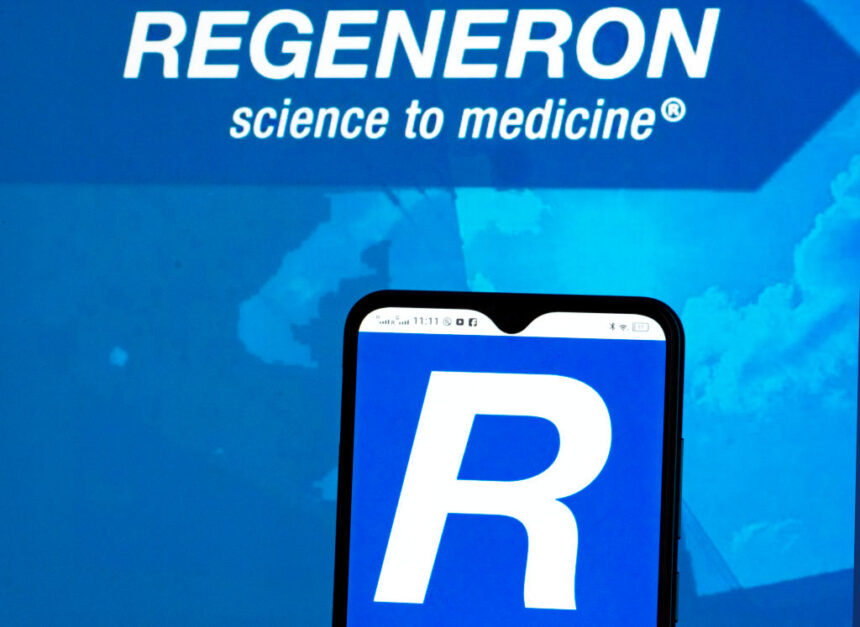As the dust settles from the Federal Trade Commission’s decision to sue Amgen in order to block its nearly $28 billion planned takeover of Horizon Therapeutics, at least one industry leader is publicly taking sides.
Regeneron CEO Leonard Schleifer told the Financial Times Tuesday afternoon that he supported the FTC’s legal action to block the proposed deal.
“I’m glad the FTC is looking at this,” Schleifer said. “I think what goes on at the payer level is in some respects the worst thing for our industry and we’ve got to shine a brighter light on it.”
In a statement announcing that it sued Amgen to stop the acquisition, the FTC singled out “rampant consolidation” as one of the reasons it would challenge mergers that “enable pharmaceutical conglomerates to entrench their monopolies at the expense of consumers and fair competition.”
Amgen and Horizon, an Irish biotech focused on developing treatments for rare diseases, both released statements forcefully pushing back on the regulatory action. The two organizations argued there was no competitive overlap with their respective medicines and criticized the FTC’s theory that the deal would lead to “bundled” contracts with payers and pharmacy benefit managers for drugs like Tepezza and Krystexxa.
One day after its stock price fell by double digits, Horizon’s shares were trading up 4% as investors examined the situation and prepared for the potential of an eventual settlement with the government.
Though Amgen and Horizon said they still aim to close the deal by mid-December, the FTC’s involvement has sparked industry-wide discussions about what’s to come.
William Blair analysts wrote in a note that the lawsuit will “dampen M&A enthusiasm” across the biotech sector, according to Reuters. The outlet also reported that a Jefferies analyst predicted that the legal action doesn’t change anything in the long-term.
How the ripple effects from the FTC intervening in the transaction manifests in corporate behavior remains to be seen.
Stifel analysts wrote that large pharma companies will struggle to recycle capital into earlier-stage companies if they are apprehensive about regulatory action if they pursue large-scale M&A.
Meanwhile, Craig Garthwaite, the Herman Smith Research Professor in hospital and health services management at Northwestern’s Kellogg School of Management, tweeted that an important aspect being overlooked in the debate is that if the agency is worried drugmakers are bundling products to thwart access by competitors then they can investigate and regulate.
Additionally, the deal’s fate as it meanders through the federal judiciary is also unclear, with SVB Securities writing that the FTC’s position is weak and likely to face scrutiny from a judge down the line, according to Evaluate Vantage.
But in the case that the deal gets shot down, what would happen?
The Motley Fool noted that Horizon has the most to lose, acknowledging that while another suitor may emerge, like also-rans Johnson & Johnson or Sanofi, the FTC could potentially raise the same bundling and overlapping issues as in this case.
Amgen wouldn’t be unscathed either since it would likely have to return more than $974 million to Horizon if the deal isn’t finalized and avoid buying another small company with products that lack major competitors to steer clear of a repeat FTC intervention.
Editor’s note: This article has been updated to clarify Schleifer’s quote.








